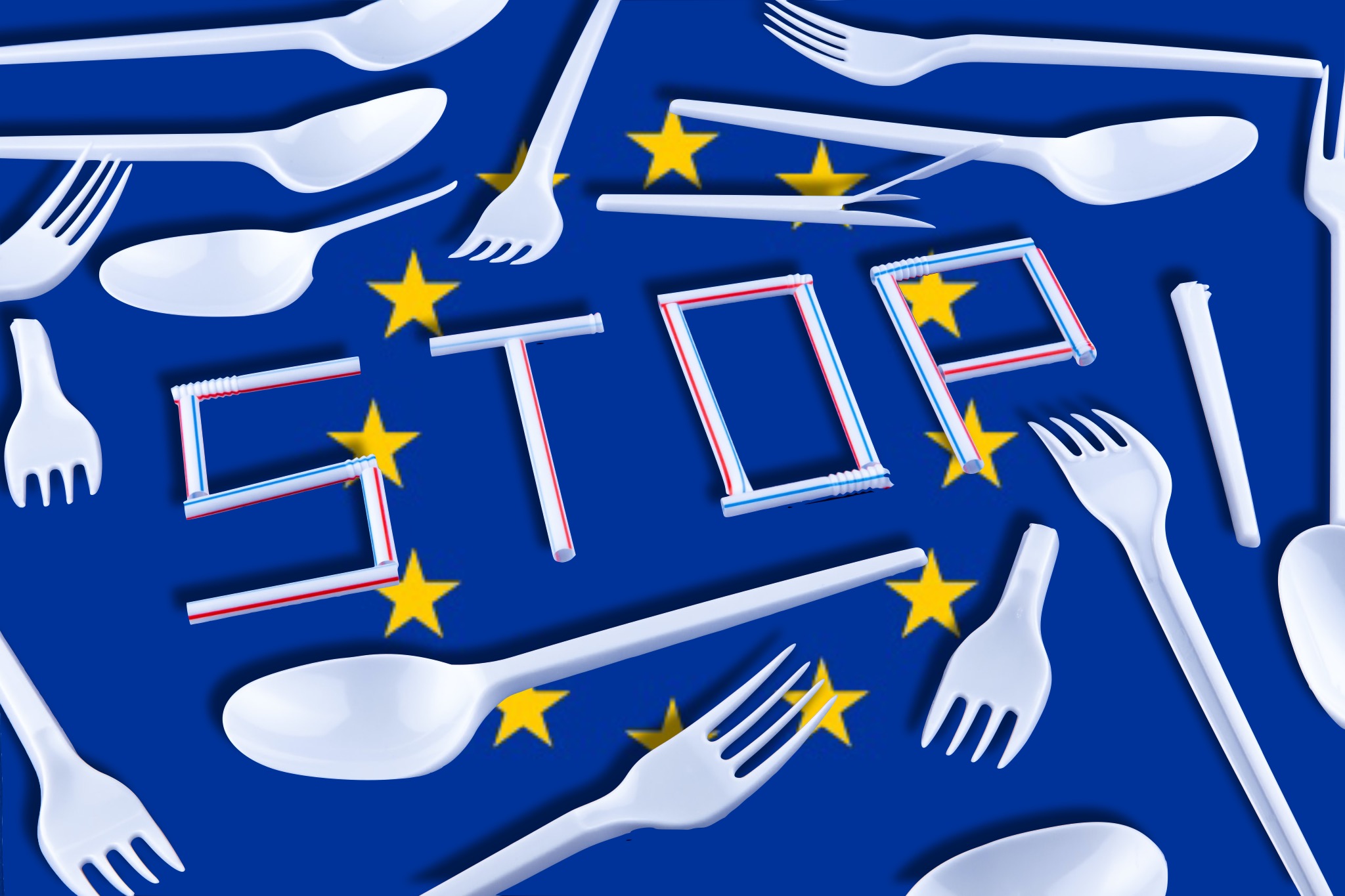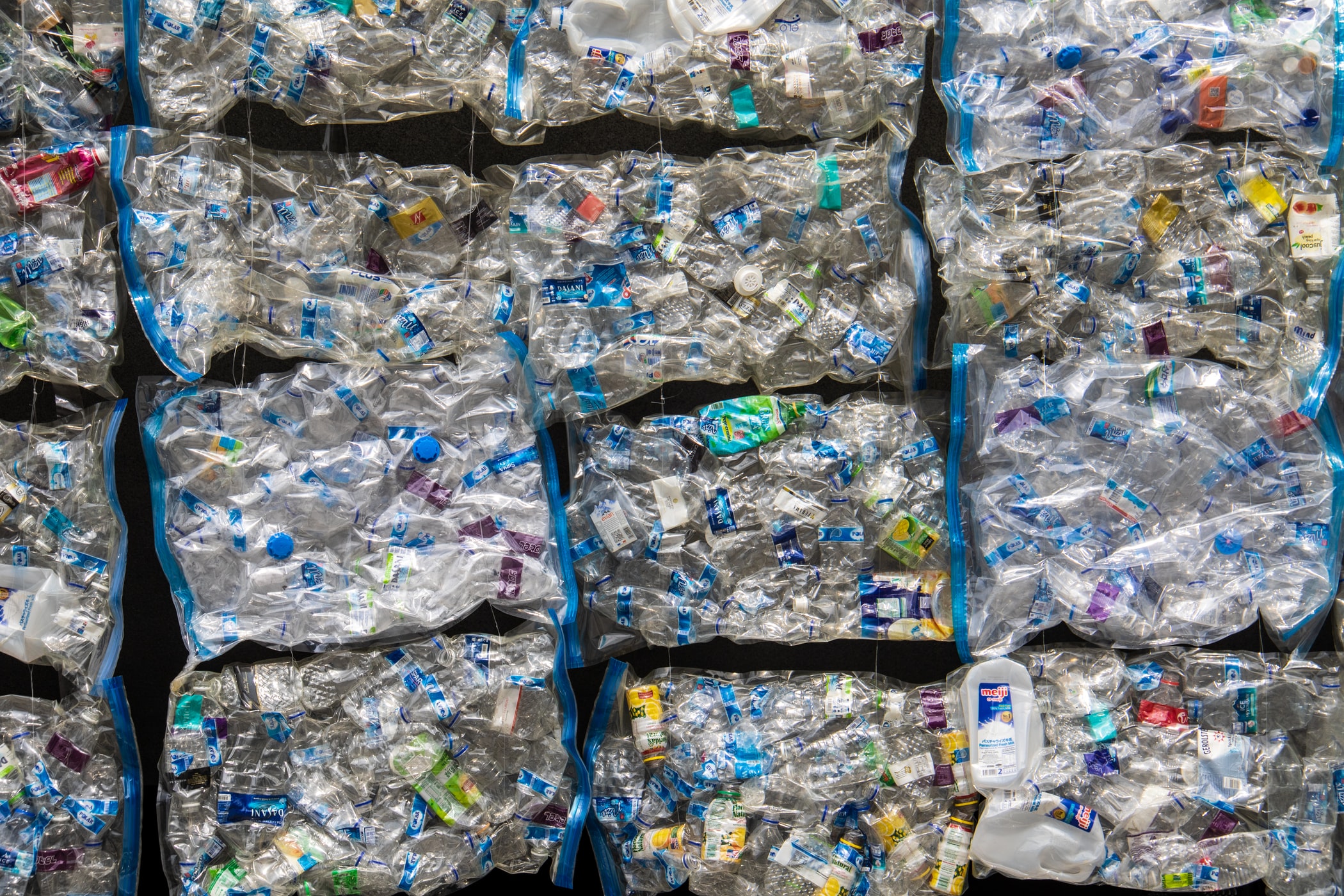
- Sustainable Planet -
- 2mins -
- 96 views
Germany bans problematic single-use plastic products
The German Cabinet is banning the sale of single-use plastic straws, cotton buds, cutlery, plates, stirring sticks and balloon holders, as well as polystyrene cups and food containers from July 2021.
Germany to ban single-use plastic from July 2021
The German Cabinet finally came to an agreement after months of speculation and the ban will mean the country falls in line with an EU directive to reduce waste. The Cabinet agreed on Wednesday 24 June to end the sale of single-use plastic straws, cotton buds and food containers from July next year, bringing it in line with a European Union directive intended to reduce the amount of plastic trash generated. The move means the sale of single-use cutlery, plates, stirring sticks and balloon holders, as well as polystyrene cups and boxes, will be banned from July 3, 2021.

Decision is part of an effort to move away from a “throw-away culture”
According to, DeutscheWelle, Germany’s Environment Minister Svenja Schulze had said the decision was part of an effort to move away from a "throw-away culture."— up to 20% of trash collected in parks and other public spaces in Germany consists of single-use plastic, primarily polystyrene containers. — "Many single-use plastic products are superfluous and non-sustainable use of resources," Schulze said.
Germany amassed a record 18.7 million tons of packaging waste in 2017, according to data published by the Federal Environmental Agency (UBA). Plastic takes many decades, if not hundreds of years to degrade, and microscopic particles have been found inside fish, birds, and other animals. This, in turn has found its way into our food chain.
Source: DeutscheWelle/AP

THE EU PARLIAMENT BAN ON SINGLE-USE PLASTICS
Single-use plastic items such as plates, cutlery, straws, balloon sticks or cotton buds, are to be banned in the EU under plans adopted in March of last year.
These products, which make up over 70% of marine litter, will be banned from the EU market from 2021, under draft plans approved by Parliament. At the sitting in Strasbourg, 560 MEPs voted in favour of the recent agreement hammered out with EU ministers, 35 against, with 28 abstentions.
MEPs added to this list of plastics banned from the EU market from 2021: products made of oxo-degradable plastics, such as bags or packaging and fast-food containers made of expanded polystyrene. Other plastics, such as beverage bottles, will have to be collected separately and recycled at a rate of 90% by 2025. Learn more.

